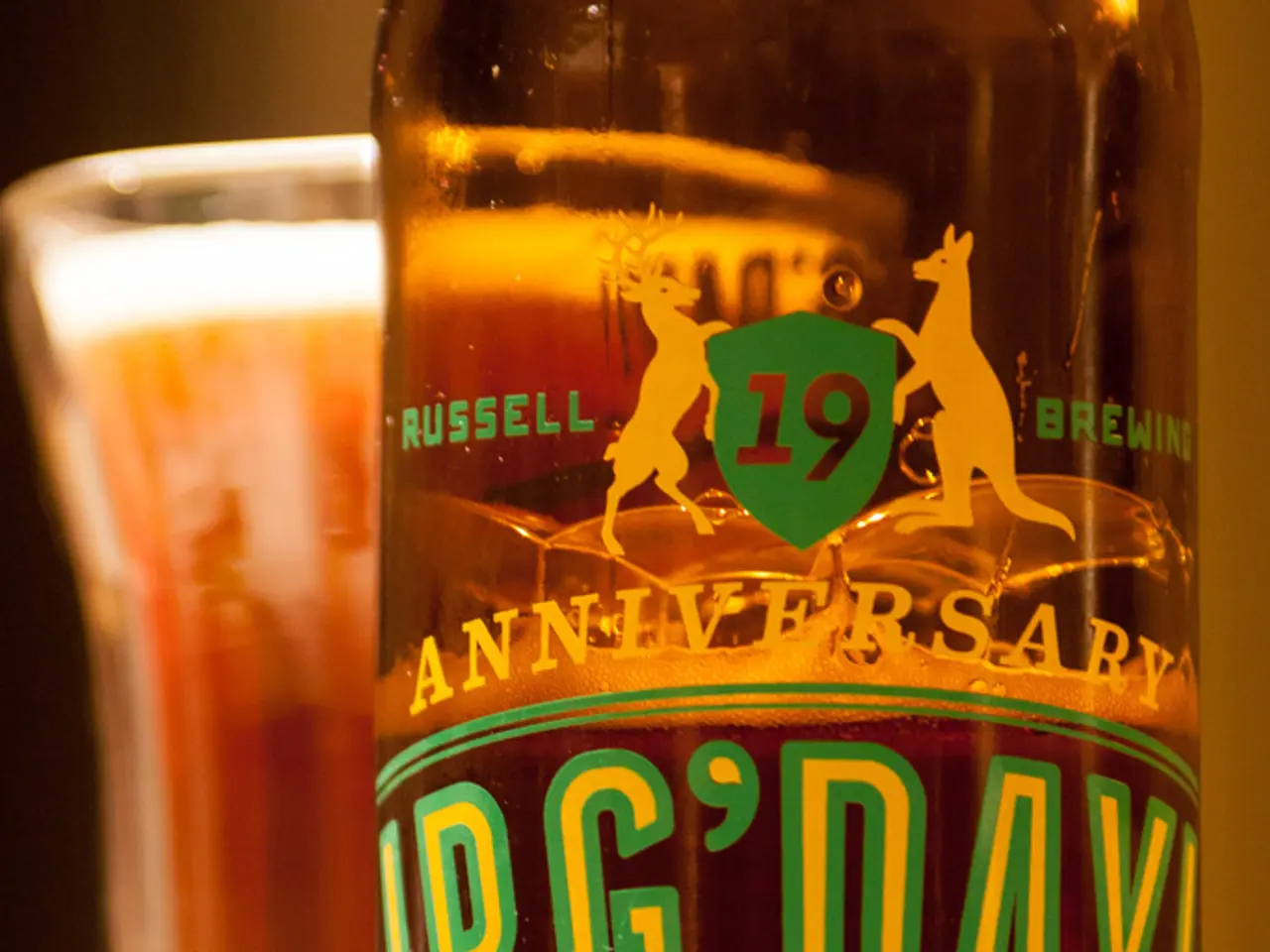Those unable to imbibe champagne on New Year's Eve.
Enjoying Champagne Responsibly on New Year's Eve
As the festive season approaches, many of us are looking forward to celebrating the New Year with a glass of champagne. According to Dr. Fatiha Dzgoeva, a dietologist at the NMIFC Endocrinology Research Center of the Russian Ministry of Health and a candidate of medical sciences, a glass or two of champagne can be enjoyed on New Year's Eve. Dr. Anna Koshechkina, a research scientist at the FGBNU "FIC Nutrition and Biotechnology" and a candidate of pharmaceutical sciences, agrees with the suggestion and adds that champagne in small amounts can relax, boost positive energy, and enhance the festive mood.
However, it's essential to remember that moderation is key when it comes to champagne. Dr. Koshechkina warns that if one cannot stick to a couple of glasses, the positive effects of champagne can turn into harm. Excessive intake can lead to intoxication, impaired judgment, and adverse health effects, especially in people with contraindications such as certain medical conditions or those taking interacting medications.
To consume champagne appropriately, it is recommended to serve it chilled at about 6–9°C (43–48°F) to preserve its flavor and effervescence. Opening bottles slowly can help maintain carbonation, and using proper glassware can maximize aroma.
For individuals with alcohol contraindications—due to liver disease, pregnancy, medications, or other health concerns—non-alcoholic alternatives that mimic champagne’s celebratory fizz and flavor profile include sparkling grape juices, non-alcoholic sparkling wines, or other festive carbonated beverages.
Here are some key points for appropriate champagne consumption:
- Serve champagne chilled using recommended methods (fridge for hours or ice-water bucket for minutes) without diluting it with ice in the glass.
- Drink in moderation to enjoy the beverage safely, considering personal health status and any contraindications.
- Avoid champagne if contraindicated, such as during pregnancy or with medications that interact adversely with alcohol.
- Choose sparkling alternatives like quality non-alcoholic sparkling wines or grape juices for celebrations if champagne is not suitable.
Pregnant and breastfeeding women, minors, and people with chronic diseases should avoid consuming champagne. Sparkling wine affects the head faster than other drinks due to carbonic acid, as pointed out by Dr. Koshechkina. For those with specific intolerances, it's essential to avoid champagne.
If you find yourself unable to stick to a couple of glasses, Dr. Koshechkina suggests that lemonade or sparkling water with apple juice can be used as a substitute for champagne. By following these guidelines, you can ensure a festive New Year's experience without compromising your health.
Science suggests that moderate champagne consumption can be a part of health-and-wellness practices during celebrations, enhancing the festive mood. However, it's crucial to prioritize health and remember that excessive intake can lead to potential health problems, especially for individuals with medical conditions or those taking interacting medications, making science-backed moderation essential.




